Search Results
Showing results 1 to 20 of 37
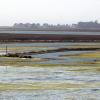
Wetland Preservation Art
Source Institutions
In this hands-on art and science activity (page 4 of the pdf), learners brainstorm and discuss how humans use wetlands, then express their understanding of the subject in artwork.
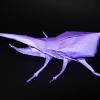
My Insect
Source Institutions
In this activity, learners use information gathered from a variety of sources to design and make their own insect.
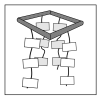
Food Chains and Webs
Source Institutions
In this activity, learners investigate feeding relationships. Learners complete a food web and then make a mobile to represent a food chain.

Disappearing Statues
Source Institutions
In this activity (on page 8), learners model how marble statues and buildings are affected by acid rain.
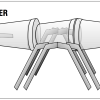
Minibeast Models
Source Institutions
In this activity, learners create models of bugs. Learners use household materials like plastic cups and straws to create models of bugs like centipedes and spiders.
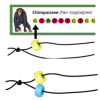
Sequence Bracelets
Source Institutions
In this craft-based activity, learners make DNA sequence bracelets that carry the code of an organism such as a human, trout, chimpanzee or butterfly.
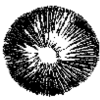
How to Make a Spore Print
Source Institutions
In this activity (p.25 of PDF), learners investigate spores. Mushrooms produce millions of spores which are equivalent to the seeds of plants but without the massive food reserves.
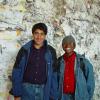
Recycle Your Own Paper!
Source Institutions
In this activity (page 2 of PDF under GPS: Garbology Activity), learners will prepare sheets of homemade recycled paper from several different source pulps.
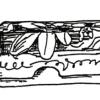
Box Ecology
Source Institutions
This great "re-use it" activity will demonstrate how to transform a greeting card into a box. Once constructed, the box can have many uses like holding special notes or keepsakes.
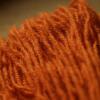
Dyeing Wool with Fungi
Source Institutions
In this activity (p.23 of PDF), learners dye wool with fungi. Learners discover that natural chemicals in fungi can dye wool different colors.
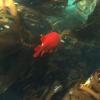
Design a Fish
Source Institutions
In this activity (page 2 of PDF under GPS: Alligator Habitat Activity), learners will study the adaptations different fish species have developed to survive in their habitats.
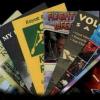
Destination Tidepool
Source Institutions
In this activity (page 7 of pdf), learners research tide pool ecosystems, and then create brochures that "advertise" these environments.
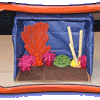
Create a Coral Reef
Source Institutions
Educator Amy O'Donnell from the American Museum of Natural History guides learners to create a diorama of a coral reef.
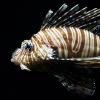
Fishy Observations
Source Institutions
In this activity (page 1 of the PDF under SciGirls Activity: Rabbits), learners will visit a zoo, aquarium, or pet store to view a variety of fish.
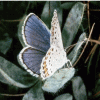
Lupine and Butterflies
Source Institutions
In this two-part activity about the connection between the lupine plant and butterflies, learners first read "Miss Rumphius," a storybook about lupine by Barbara Cooney.

Zoo Calendar
Source Institutions
Use the Zoo Calendar (page 1 of PDF) to involve learners in interdisciplinary, whole language, and writing activities about ecological concepts.
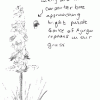
Nature Drawing
Source Institutions
In this family or group activity, learners create a nature journal by visiting a local nature center or backyard, observing creatures in their natural habitats, and sketching what they see.
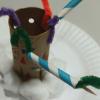
Coral Polyp
Source Institutions
In this activity, learners will create their own coral polyps - the basis for a coral reef.
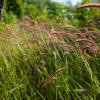
Habitat Observations
Source Institutions
In this outdoor activity, learners discover the wonders of the habitat surrounding them.
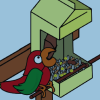
Bird Feeders
Source Institutions
In this activity, learners build a bird feeder or feeders to attract birds for observation.
